'As Children’s Commissioner, I have consistently said that no child should be exposed to pornography online. That is not an ideal – it is the bare minimum we should expect from an online world which is now where children spend so much of their lives.
We do not tolerate pornographic magazines on school buses or graphic sexual material on children’s television. Why children’s exposure to it online has ever been tolerated is beyond understanding.'
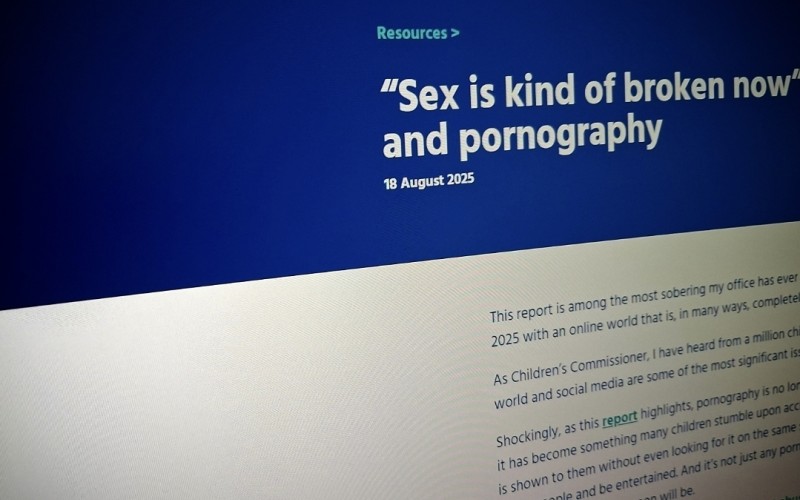
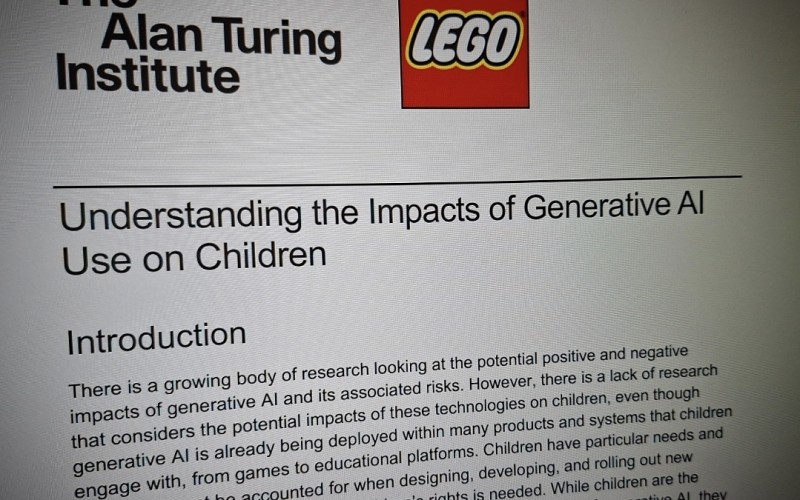
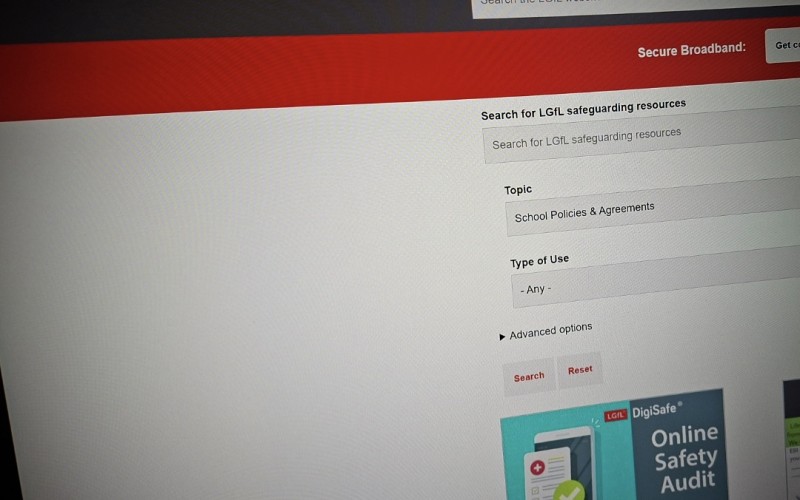
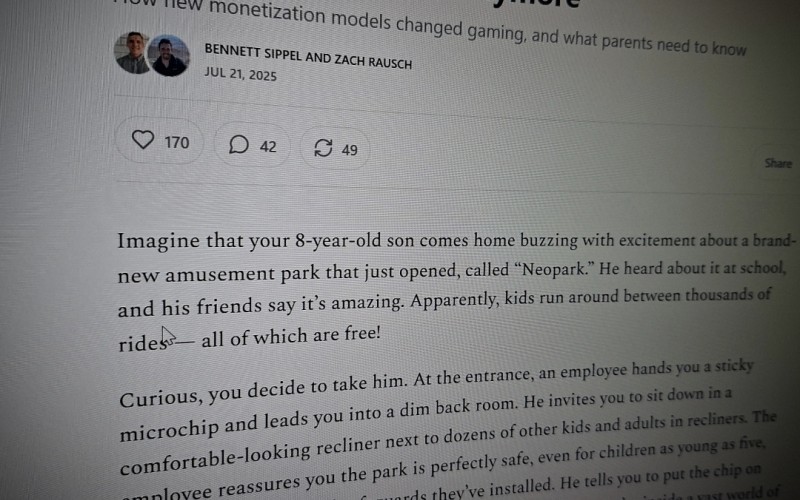
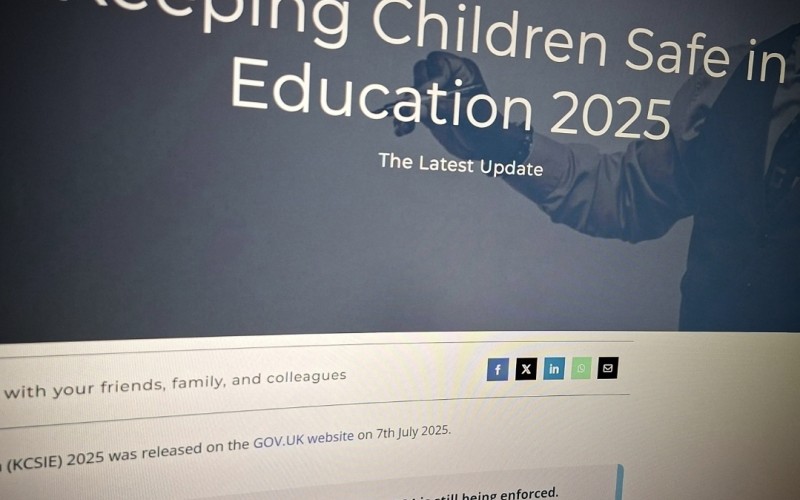
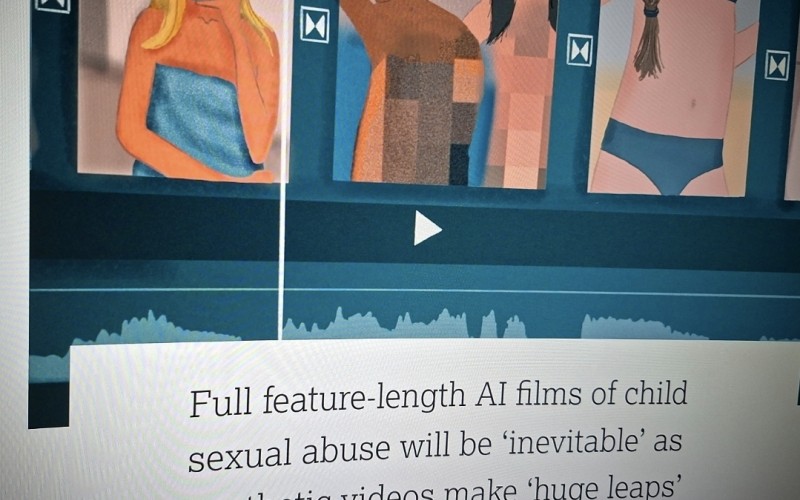
Comments
make a comment